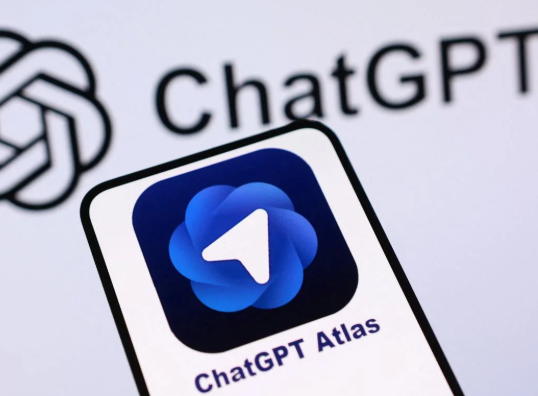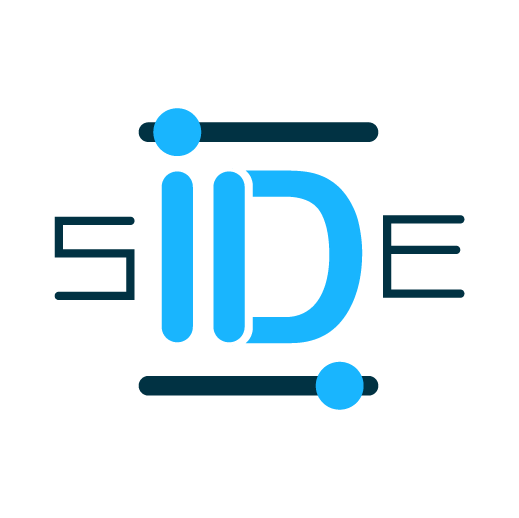The AI Browser Revolution Missing Critical Human Control?
23 Oct 2025

The unveiling of Chat GPT Atlas 36 hours ago was a landmark moment, showcasing the incredible potential of Artificial Intelligence to act as a true agent on the web. A great AI step for humanity? Maybe not.
Unleashed agentic AI browsing capabilities also confront us to a fundamental flaw in its architecture, a flaw that not only threatens user Privacy or regulatory compliance but, most of all, the very principle of human-centric design.
As is, Atlas operates with a significant human-control deficit. While users can tell OpenAI not to train on their data, this preference stops at OpenAI's door. When Atlas's agent navigates to third-party websites, it carries no standardized, enforceable signal of the user's privacy wishes. Simply put: no human control. Not really next gen, nor GenZ friendly.
In practice this means:
1. Trackers, analytics, and cross-site profiling technologies can operate with no constraints during autonomous sessions. 2. Regulatory risk abounds under GDPR's Data Protection by Design, CCPA's 'opt-out signals,' and other emerging laws that demand technical mechanisms for transmitting user choices (what about OpenAI/multi-stakeholders exponential enhancement of their capacity to fingerprint and reverse-track?). 3. The user is left with reactive, not proactive, control: You can pause the agent, but you can't stop a third-party from harvesting data while it browses on your behalf.
This is more than an AI news, it might be a missed opportunity to build the accountable, revolutionary browser the AI age demands.
Of course, we need/would enjoy AI-enabled browsers. But those should not just be powerful; textethey must be trustworthy and human-centric. This requires a robust, third-party preference transmission architecture, a system where user consent and privacy choices are cryptographically bound to the session and enforced at the protocol level (in a nutshell, ID side patent).
The future of browsing isn't just about what the AI can do for us. It's about ensuring we remain in ultimate control of our digital footprint.
Unleashed agentic AI browsing capabilities also confront us to a fundamental flaw in its architecture, a flaw that not only threatens user Privacy or regulatory compliance but, most of all, the very principle of human-centric design.
As is, Atlas operates with a significant human-control deficit. While users can tell OpenAI not to train on their data, this preference stops at OpenAI's door. When Atlas's agent navigates to third-party websites, it carries no standardized, enforceable signal of the user's privacy wishes. Simply put: no human control. Not really next gen, nor GenZ friendly.
In practice this means:
1. Trackers, analytics, and cross-site profiling technologies can operate with no constraints during autonomous sessions. 2. Regulatory risk abounds under GDPR's Data Protection by Design, CCPA's 'opt-out signals,' and other emerging laws that demand technical mechanisms for transmitting user choices (what about OpenAI/multi-stakeholders exponential enhancement of their capacity to fingerprint and reverse-track?). 3. The user is left with reactive, not proactive, control: You can pause the agent, but you can't stop a third-party from harvesting data while it browses on your behalf.
This is more than an AI news, it might be a missed opportunity to build the accountable, revolutionary browser the AI age demands.
Of course, we need/would enjoy AI-enabled browsers. But those should not just be powerful; textethey must be trustworthy and human-centric. This requires a robust, third-party preference transmission architecture, a system where user consent and privacy choices are cryptographically bound to the session and enforced at the protocol level (in a nutshell, ID side patent).
The future of browsing isn't just about what the AI can do for us. It's about ensuring we remain in ultimate control of our digital footprint.
